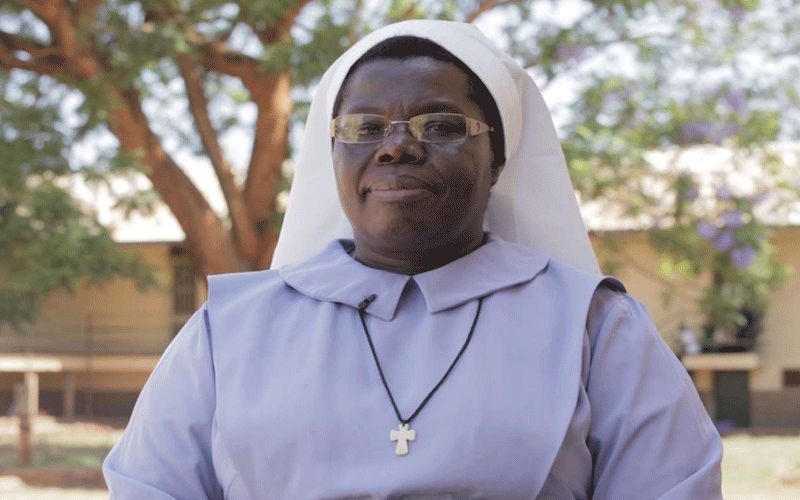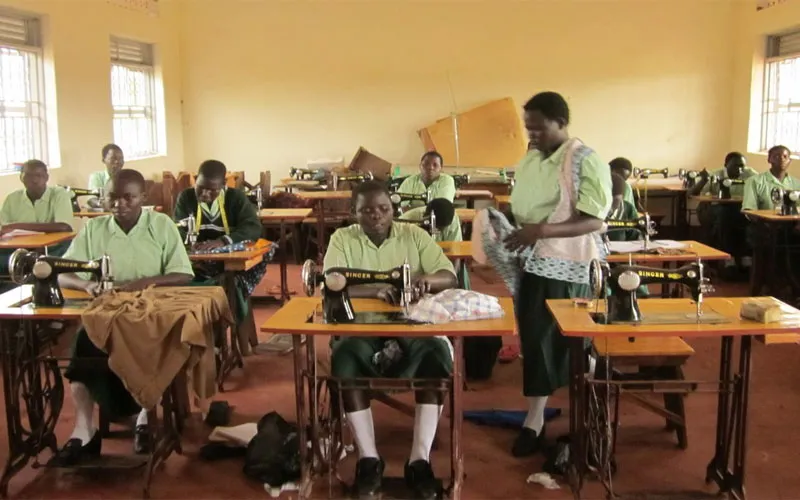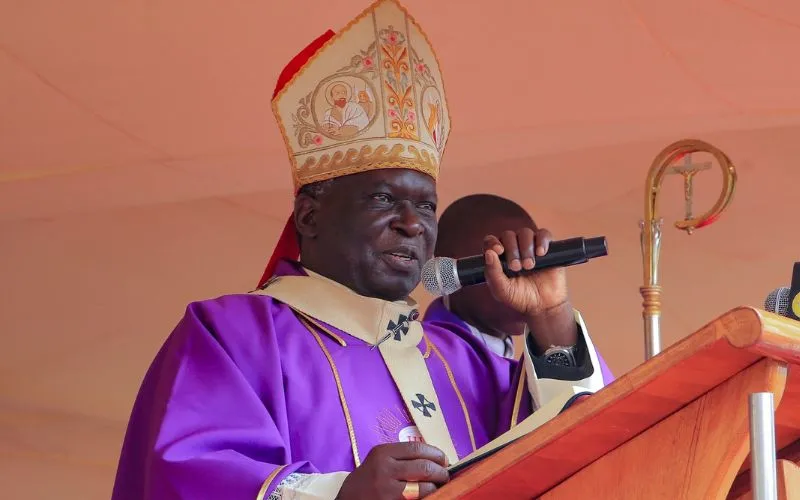When she began teaching at St Monica’s Girls Training Center in 2002, according to information provided on the website, Sr. Rosemary first took time to learn about what skills and knowledge would practically help young women in the region.
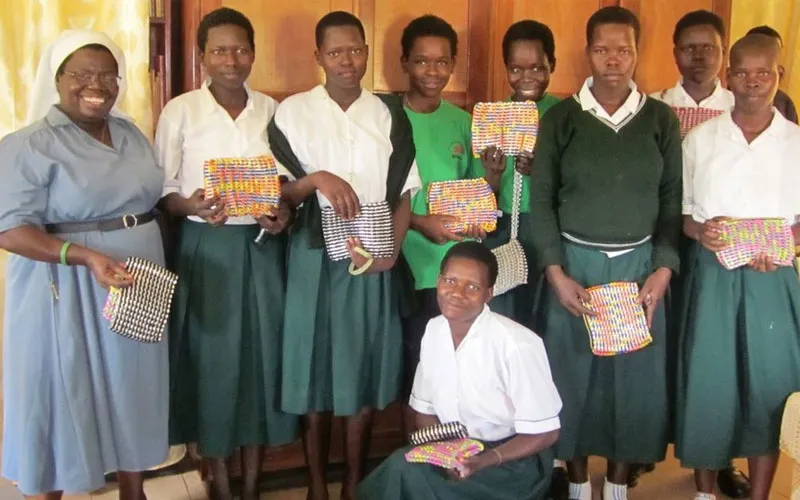
“Since then, she has enrolled more than 2,000 women aged 15-20 in her vocational school to learn business skills, secretarial studies, sewing and catering. These skills all help her students to become economically self-reliant, a hugely important form of independence, and many of her graduates have subsequently found good employment in the high-end hotel industry,” the account details.
The nun is hailed for showing “consistent ingenuity in creating projects that benefit both the school and its students.”
Some of her projects highlighted include a restaurant she started on campus to teach catering skills while also generating further income for the school.
(Story continues below)
Additionally, she started the Sewing Hope Foundation as a nonprofit organization to rehabilitate child soldiers from the civil war, aiming to change the mindset of people who have experienced conflict and transform them into peacemakers through education.
The facility that hosts a kindergarten, a secondary school and a vocational training center has also been providing a learning environment for children of the underage mothers who come to the educational facility to learn.
“I decided to start a kindergarten for the children of the former sex-slaves when I realized that no one offered to take care of their children back at home when they came to school to learn,” Sr. Rosemary tells ACI Africa, adding, “I wanted the students to feel comfortable that their children’s academic needs were also being taken care of as they concentrated on their own studies as well.”
Other innovations have included building houses and infrastructure out of leftover plastic bottles, and manufacturing pop tab purses with her students which are now sold worldwide to help support the other programmes at the facility.
Today, St. Monica Girls Training Center, which admits girls aged between 15-20 enrolls all vulnerable girls including school dropouts and victims of early pregnancies.
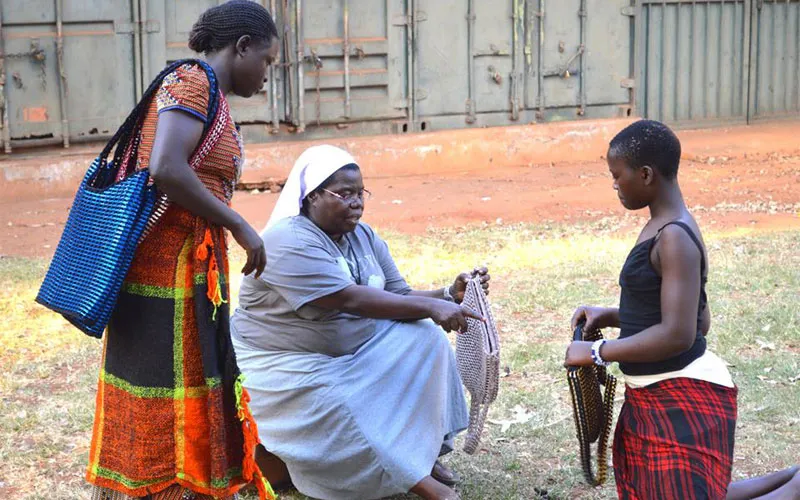
According to Sr. Rosemary who grew up in a family of eight children in Paidha district, North of Uganda, the school has opened doors to victims of violence in South Sudan who come seeking refuge in Uganda, a country that has been named the friendliest to refugees in East Africa.
“None of my parents was educated. And although my father was a humble carpenter, he toiled to ensure that all of us went to school,” she says.
The best part of little Rosemary’s childhood was spent babysitting her nephews and nieces, a role that the nun now says must have played a part in the person she eventually became.
“I believe that God calls us from our environments and mine was from looking after my nephews and nieces. I saw the vulnerability that surrounded children and this shaped my whole person,” she says, adding, “But again, I learnt a lot from sisters who came to Uganda from South Sudan as refugees. I saw how they were filled with so much love in the exercise of their calling.”
“But my calling has always evolved,” says the nun who joined religious life in 1972 and professed in 1976. She adds, “As a teacher within my congregation, I am called within my call.”
The award-winning nun was listed as one of Time magazine's 100 Most Influential People in 2014 for the work she has done empowering women and children in Uganda.
She has travelled around the world to explain her approach and has been awarded four honorary doctorates, while pursuing her own doctoral qualification in Structural Education and Leadership.
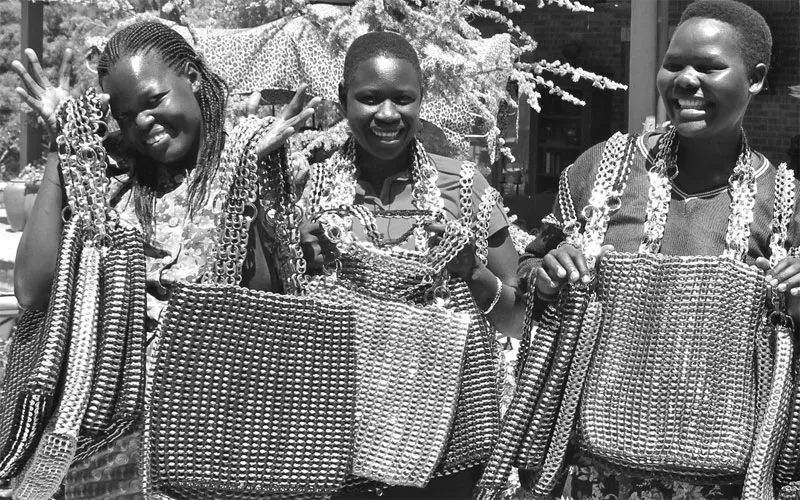
The Ugandan nun has also contributed to panels at the World Economic Forum, established partnerships with Notre Dame and Oklahoma State universities, and won the 2007 CNN Heroes award.
“I am always booked for talks here and there, in Africa and beyond. I think it is good because I enjoy talking and inspiring other people,” says the bubbly religious sister.
She says that the money in the Global Teacher Prize package has already been planned for, should she win it.
“I will use the prize money to build libraries in all my schools and support students who cannot afford learning materials. I also recently initiated a project to build an agricultural college, which will boost the production of crops to sustain the school and raise further income. Only money stands in the way of achieving the goals of this project,” she says.
The positively ambitious nun also divulges to ACI Africa her plans to start a project she refers to as “Learn and Earn”, where students will be encouraged to sew blankets for hospitals around the country in their learning objectives and make some money while at it.
“There is just so much to do with the money should I win it,” she says, adding, “I’ve once won US$100,000.00 and when I was asked what I intended to do with the money, I told the judges that every penny of it was already spent even before I got it.”
With all her accomplishments, Sr. Rosemary passes for an individual who has lived up to her dreams and more.
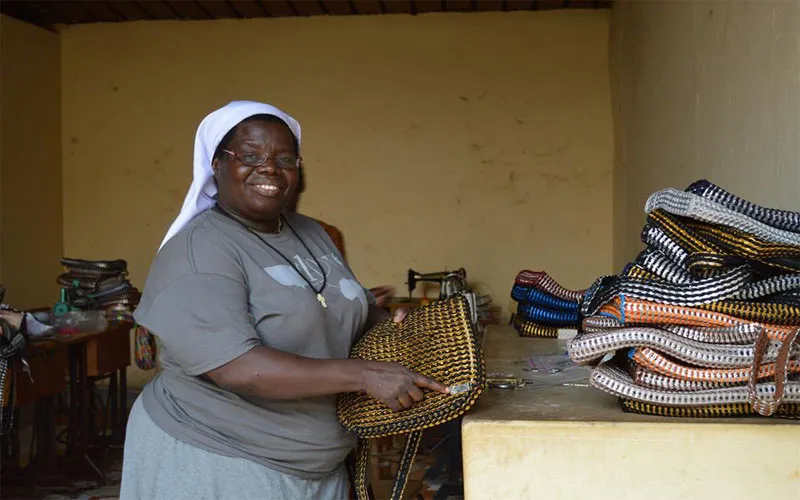
Asked whether there is one thing she feels she hasn’t done, she says, after one hearty laughter, “As a normal human being, I am pushed to do one more little thing every day. Every day I wake up, I purpose to live up to my calling, that is, promoting livelihoods among the poor, the disadvantaged and the vulnerable. And since I feel called especially in the area of education, I try, together with my fellow sisters, to do little things for these groups of people.”
Rome has described Sr. Rosemary as the Mother Teresa of Africa for rekindling hope in thousands of women in Uganda who were labelled ‘society rejects’ for their involvement with the infamous Lord’s Resistance Army, a certain rebel group that terrorized Uganda after they abandoned rebel groups.
The Mother Teresa of Africa is a title that the Ugandan nun laughs of heartily saying, “I have heard it said that my work resembles that of Mother Teresa. But I am nowhere close to Mother Teresa even though I regard her as my role model. She inspires me to do little things to make an impact in people’s lives.”
Agnes Aineah is a Kenyan journalist with a background in digital and newspaper reporting. She holds a Master of Arts in Digital Journalism from the Aga Khan University, Graduate School of Media and Communications and a Bachelor's Degree in Linguistics, Media and Communications from Kenya's Moi University. Agnes currently serves as a journalist for ACI Africa.



